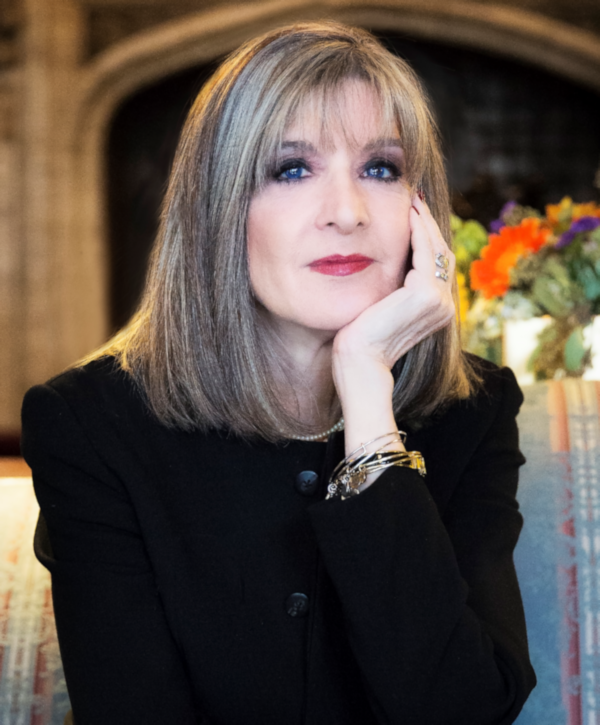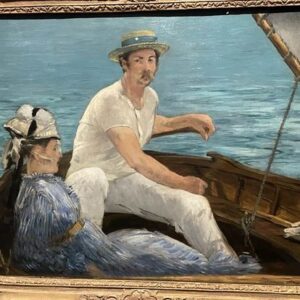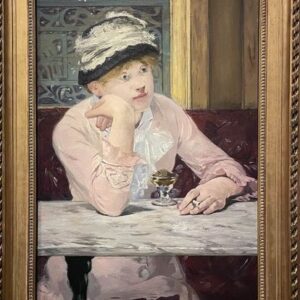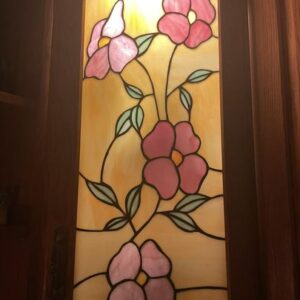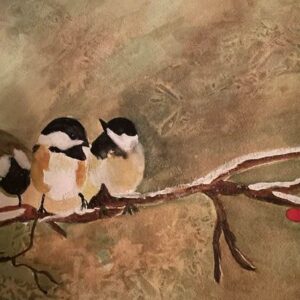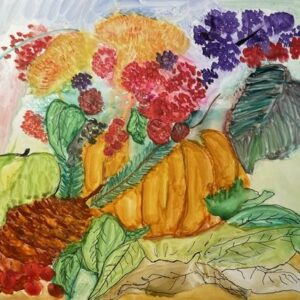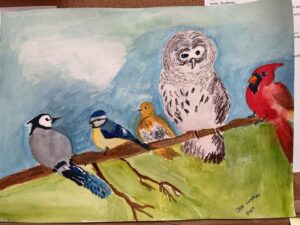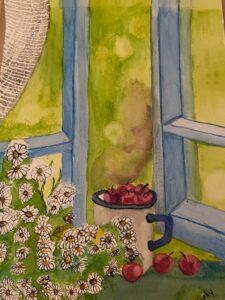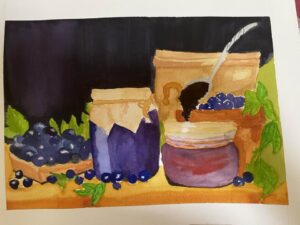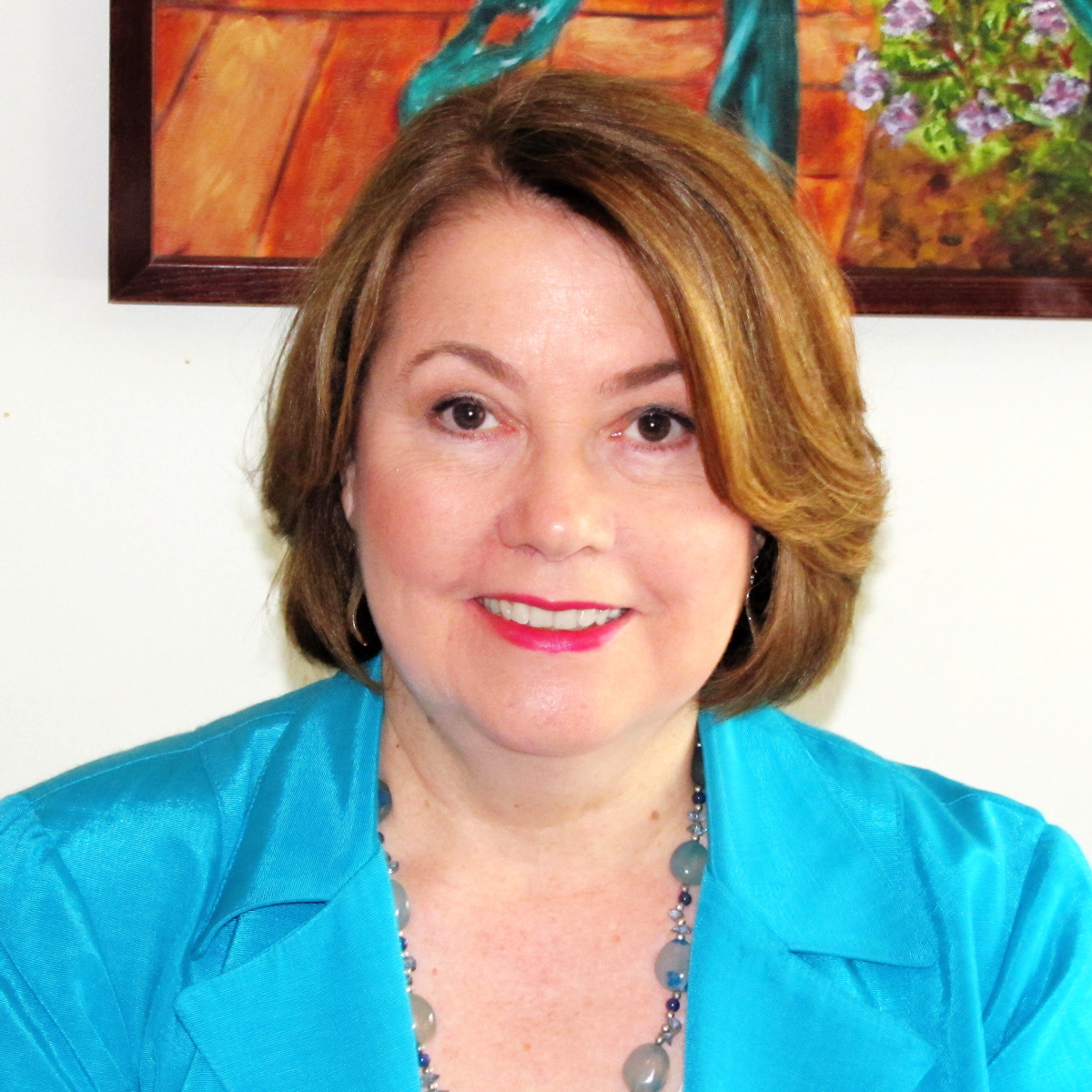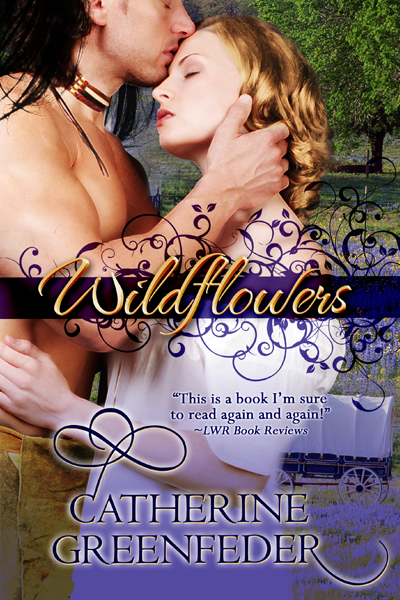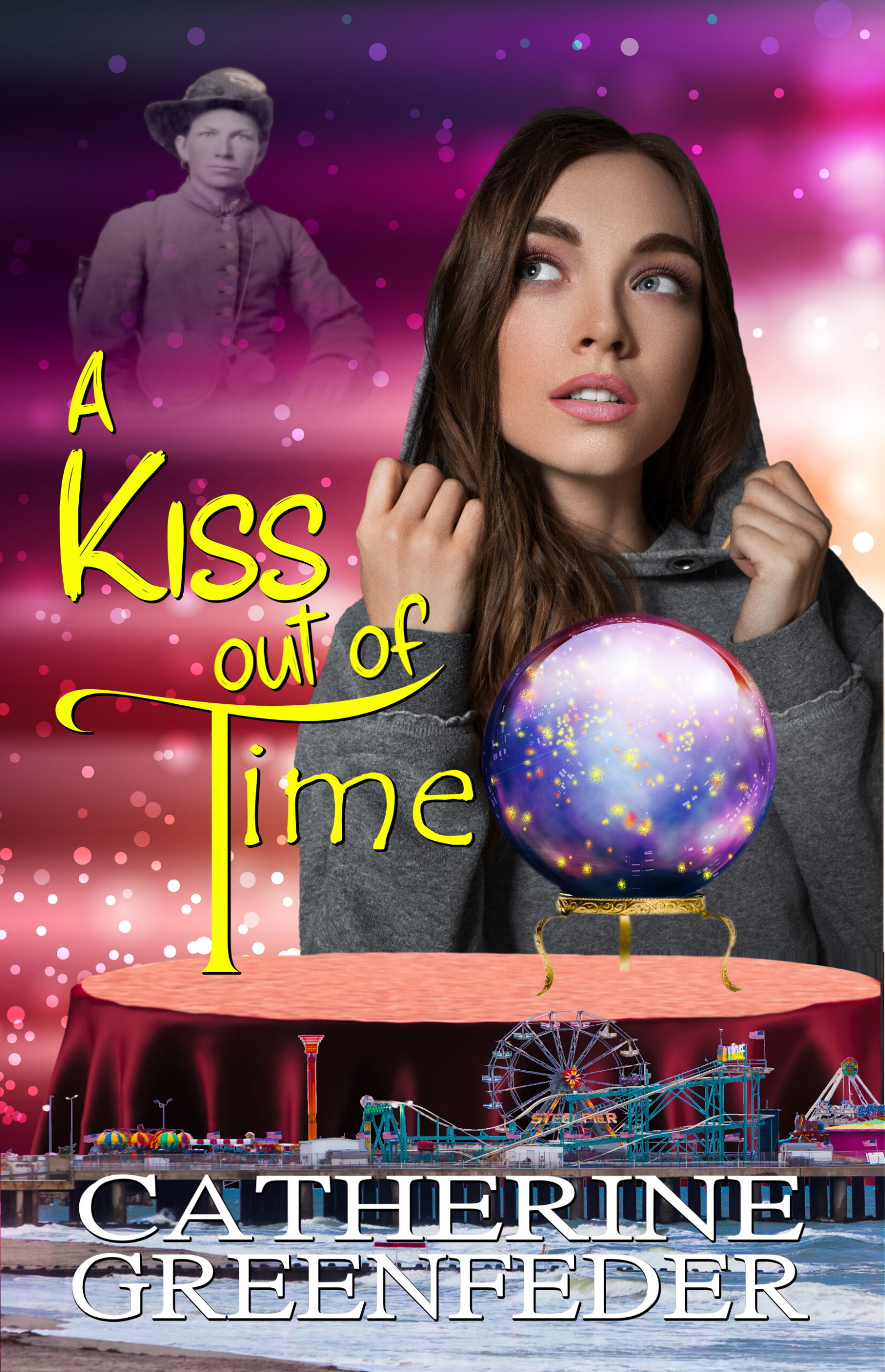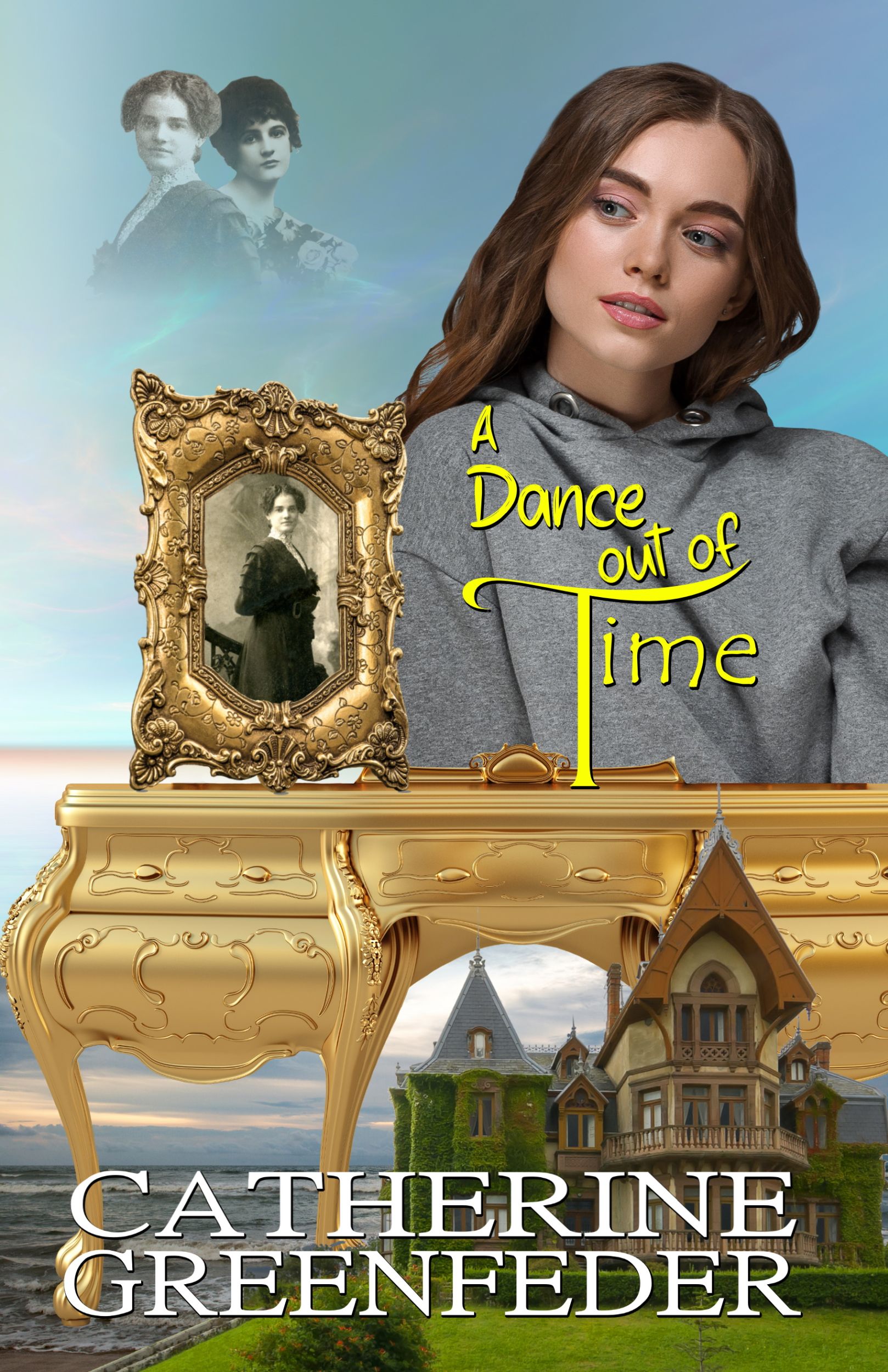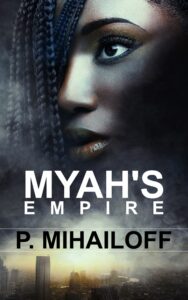
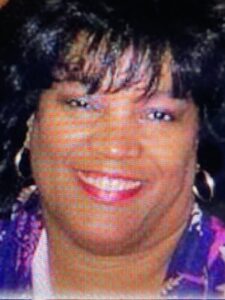 I had the privilege of meeting Patt Mihailoff, the author of romance and fantasy fiction, quite a while ago through the Romance Writers of America. She’s been an inspiration, a mentor, a role model, and a friend.
I had the privilege of meeting Patt Mihailoff, the author of romance and fantasy fiction, quite a while ago through the Romance Writers of America. She’s been an inspiration, a mentor, a role model, and a friend.
Patt Mihailoff writes a wide range of genre’s including, paranormal, erotica and short stories, but she has a particular affection for historical westerns, medieval stories with a twist and short stories and published over 200 in the TRUE CONFESSION series and their subsidiaries.
She wrote for several anthologies for N.Y. Times Bestselling author’s, Zane’s anthologies, and as half of the writing duo P.K. Eden, enjoyed receiving a five-star review in the country’s leading review magazine, Affaire De Coeur for their novel FIREBRAND.
In 2009 Patt received the prestigious Author 0f the year award from the Romance Writers of America New York City chapter, followed by Mentor of the Year award in 2010.
Patt also enjoys crocheting lap robes and prayer shawls which she donates to nursing homes, Veteran’s Hospitals and Cancer centers in NJ and Del. and for anyone who wants one.
Patt has two new novels in the works hopefully to be available soon.
Patt is retired from her dream job at the Sheriff’s office and recently relocated to Delaware with her husband, and her very spoiled dog, Jack.
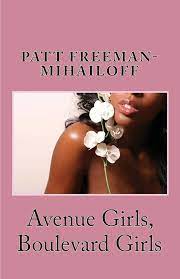
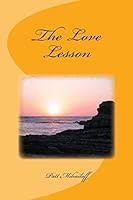
When did you first realize that you wanted to be a writer?
First, I would like to thank you for interviewing me. I was a teen and reading was a passion for me, and I thought “maybe I can do that!” Of course, back then I knew nothing of publishing and only wrote stories my mother listened to.
Where do you get your information or ideas for your books?
Everywhere! A true writer can find inspiration in the smallest things. For instance, years ago I was on the F train and I was seated opposite a young man who had tattoos that covered his face as well as piercings in his ears that were symmetrical from largest to smallest. I thought, hmmm! There’s a story there someplace. Years later I incorporated that visual into a speculative fiction novella I currently have waiting in the wings.
How many books have you written? Do you have any favorites? If so, why are they your favorites?
I have written eight novels, ten including two I wrote as P.K. Eden with my writing partner Kathye Quick. The closest novel to my heart is Avenue Girls Boulevard Girls, because it comes from my childhood although not a memoir. I have an attraction to historical westerns and I always try to incorporate one real characterization into the two wrote, ie. Kit Carson and Domenico Ghiradelli in The Love Lesson.
What makes a good story?
Plot, and characters that readers can easily identify with or at least love to hate.
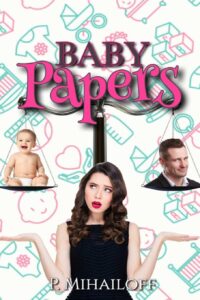
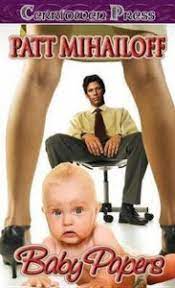
Are you a pantser or a plotter?
I am unabashedly a pantser. My brain goes way too fast to think about things, and that has been a dilemma for me at times, because I am forced at some time to think about the plot. I just don’t do it first.
As a writer, what would you choose as your mascot/avatar/spirit animal? Why?
I love this question because I always thought of my spirit totem as being a she-wolf. The strength of it, cunning, and the absolute reign when needed.
What kind of research do you do, and how long do you spend researching before beginning a book?
It depends on the idea. For me as I write the story and I come across something I must be absolutely clear about or that I don’t know or am not sure of, is when I go into a deep research mode to get it right. I do this because readers out there are a lot smarter than I am and they will catch you on things that you missed.
How many hours a day do you write?
I write everyday even if it is only for an hour. When I am really inspired or the ideas just keep coming, I can sit and write for a good four to five hours.
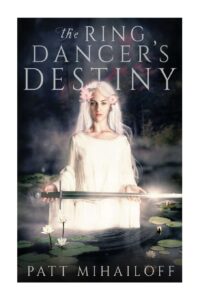
How do you select the names of your characters?
This will be my one and only boast. I am pretty good at it. I love creating names for any character no matter what it is. I also interchange names that I know or heard. It’s easy, ie. Taylor Swift = Tyler Swit; Jack Nicholson = Nix Jackson. Or, you can also go to the internet and look for names and change the spelling to something more creative.
What is the most difficult part of your writing process?
The dreaded middles. I usually always know the beginning and the end, which I can change, but filling in the middle without boring my readers sometimes is a challenge for me. That is when I really have to sit and think about what I should write and how.
Do you believe in writer’s block?
I believe you can get stuck. The ideas are always out there. I just think that you can get sidelined by not knowing which way to go.
What is your favorite or easiest part of writing?
Telling a story, especially short ones. I started out writing shorts for various magazines and the one thing it taught me was tight writing and how to get your story told in the amount of space allowed. I also learned this from watching the old black-and-white Gunsmoke series. Remember them? If you notice whatever the story was, it had to have a beginning, a middle, and a believable and usually satisfying ending all in thirty minutes. A whole story with a bad guy, a good guy, and a solution. (not to mention Matt Dillon always got his man.)
How do you stay in touch with your readers?
Blogging, Facebook, writer’s Tik-Tok, and Instagram. I also query them and allow them to query me because I am interested in what they felt worked or didn’t in my novel(s). I alway include my contact information at the back of all my novels.
Why did you choose to write in the genres you write?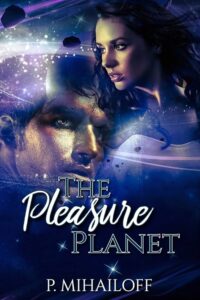
To tell you the truth, I am all over the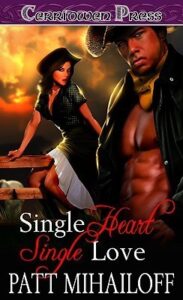 place, because I like almost everything. Mythology and sci-fi is great because I can use my sometimes warped imagination and build a world the way I want. Westerns are cool (although no longer popular) because who doesn’t like a cowboy, even scruffy ones with style like Tommy Lee Jones and Robert Duval’s Augustus McCrea character in the movie. His empathy and protectiveness made for an engaging and appreciated character.
place, because I like almost everything. Mythology and sci-fi is great because I can use my sometimes warped imagination and build a world the way I want. Westerns are cool (although no longer popular) because who doesn’t like a cowboy, even scruffy ones with style like Tommy Lee Jones and Robert Duval’s Augustus McCrea character in the movie. His empathy and protectiveness made for an engaging and appreciated character.
If you didn’t write, what would you do for work?
I loved my time in the law enforcement world, but I might be happiest somewhere I can help people. I like motivating people and helping them to be what they think they can’t. I think I have fulfilled that role when people who asked for my help before they were authors and then became authors. You might say that I am the quintessential pain in the butt when it comes to annoying people to do what they want to do. A few authors who got book deals have come back to thank me for pushing them to get their book out. I told them to just get it out there. If they get a “NO”, then send it out again. I told them it was their talent, their greatest story that got them published, I just nudged them to get it out because, nothing is more gratifying than receiving notification from a publisher that begins with, “We are pleased to accept your manuscript for ….”
Any final thoughts on writing?
I would like to end this interview with, writing to me is easy, it’s getting published traditionally that is the hard part. There have been many arguments and reasons about the causes, and that would be an excellent interview for another time.
Excerpt from Myah’s Empire by P. Maihailoff
“If you’re hungry Gracie’s offers the best food for the least price. If you want something fancier I suggest The Dancing Star Café , it’s about fifteen minutes down the road on the left, “ he gestured with a nod of his head, “I’d stay away from the out-of-the-way places unless you’re

escorted. They tend to have a little more of their fun with people who aren’t local. I’ll be here at nine tomorrow and call from the house phone to take you to the plant.
“That’s fine, I’ll be down before then,” she said.
“Well then you have a nice evening Miss Willington,” he said replacing his hat, nodding briefly, and started toward the exit.
“Wait!” she said holding out the five-dollar bill to him.
He stared at it then raised his impressively dark and piercing eyes to her. “That won’t be necessary,” and continued out the door.
~*~
“Good afternoon may I help you?”
Myah spun around and saw a short attractive Native American woman smiling at her.
“Um yes. I believe you have a reservation for me—Myah Willington?”
The woman began to tap the keys of her computer.
“Yes. Welcome to Pueblo Miss Willington. I see your stay will be short but if there is anything we can do to make your visit more pleasant please do not hesitate to let us know,” the woman said with a smile. “You are in room 204” she said handing Myah the coded key card. “I will have someone bring your bags up.”
“That’s okay I only have the one, but can you tell me if Mr. Brian Tallchief left any messages for me?”
“That was Brian who just left,” the woman said pointing toward the door.
Brian Tallchief, the owner and CEO of Eagle Brand textiles? Why hadn’t he said anything. But then she remembered she hadn’t given him the chance.
You can find Patt Mihailoff’s books on Amazon and on Barnes & Noble.
